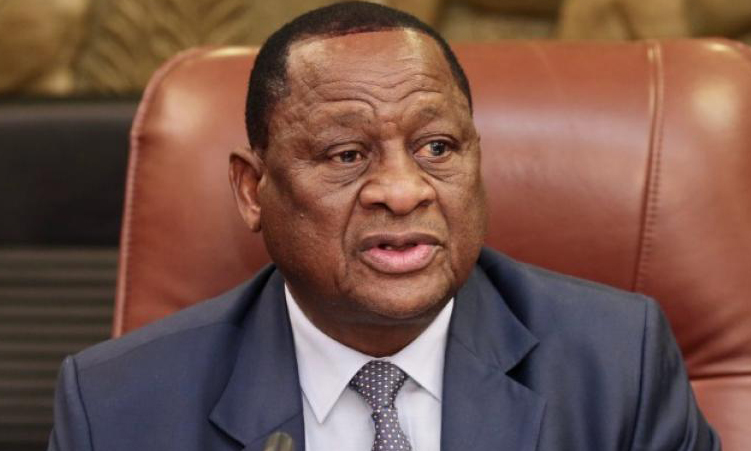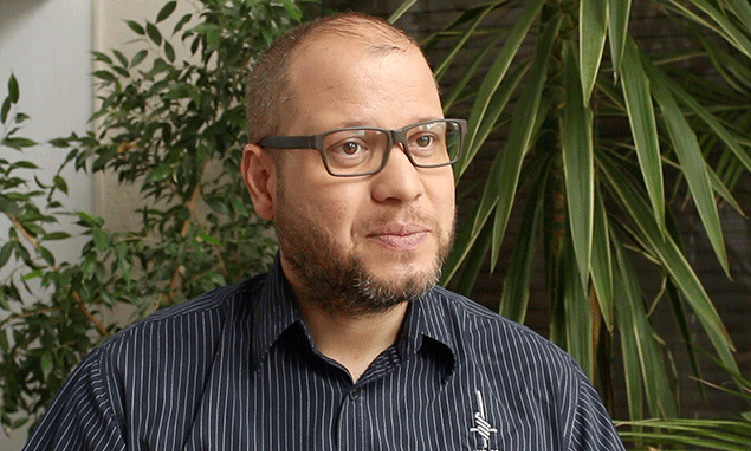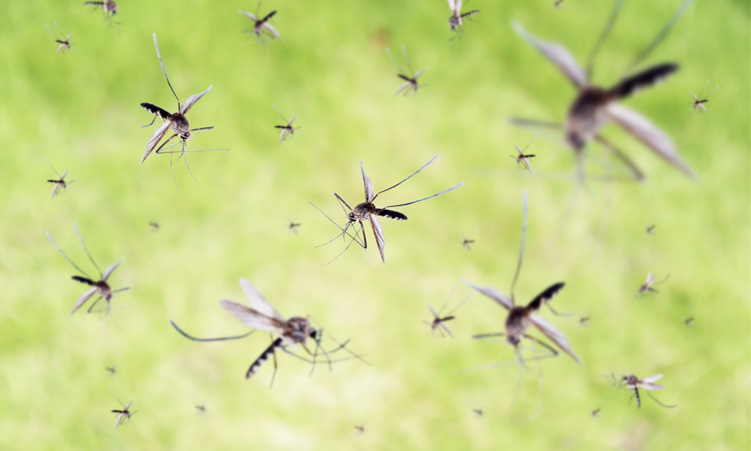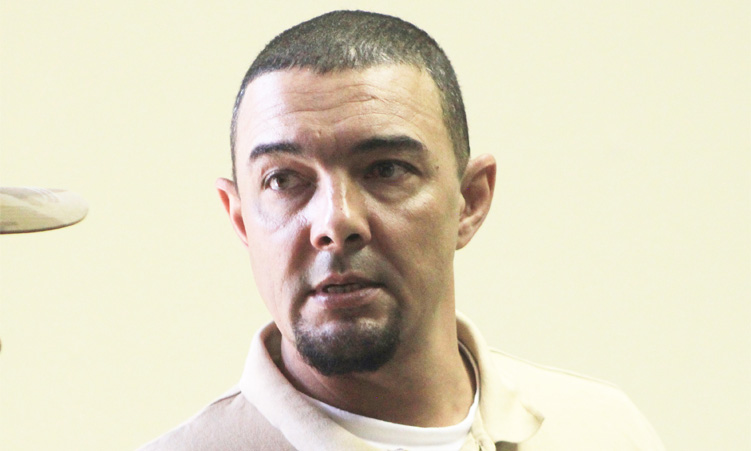Cancer Association of Namibia chief executive Rolf Hansen says Namibia is on the brink of a cancer crisis.
He told Desert Radio yesterday that the number of new cases is projected to reach 4 000 annually.
Hansen said this stark revelation comes as the country observes Cancer Awareness Week, an annual event aimed at increasing awareness and education on cancer-related issues.
“I just checked the data yesterday after the workshops that we had – we’re now heading to 4 000 new cases of cancer every year,” he said
Hansen said the rising number of cases can be attributed to the lack of a comprehensive National Cancer Control Plan and the absence of a legal framework for data access.
“Just getting the data together is horrible already,” he said.
Compounding the crisis is the economic strain cancer places on patients.
Hansen noted that over 85% of the new cases — nearly 87% — are from patients who turn to the Cancer Association for financial and logistical assistance.
He said there is a growing demand for financial help, transport and other forms of support as state healthcare resources become increasingly stretched.
According to Hansen, the increase in cancer cases in Namibia reflects a broader global trend, with lifestyle-related cancers such as lung, colorectal, and lymphoma on the rise.
He emphasised the role of lifestyle factors, including diet and stress, in this surge.
“The food that we eat is highly processed food, with stabilisers, food colouring, preservatives, sugars. The reality is that we’re living a life that is completely out of sync,” he said.
Despite the challenges, Hansen praised the Ministry of Health and Social Services for its renewed commitment to addressing the cancer crisis.
Earlier this week, the ministry convened a meeting with stakeholders to revitalise the National Cancer Control Plan, with a focus on actionable steps that can be implemented quickly and effectively.
“It’s not rosy, it’s not peachy, but it’s not a complete failure. We should always aspire to do better and be better. We are positive about the outcome,” Hansen said.
The National Cancer Control Plan, set to be implemented by early 2025, is expected to include the necessary technology and resources to combat the rising tide of cancer in Namibia.
Hansen urged all Namibians to reflect on their lifestyles and consider the broader implications of this growing health crisis.
“The voice of the patient is critical, and we need to understand what the challenges are in the system, we need to understand what they are going through,” he said.

According to health minister Kalumbi Shangula, cancer rates have risen by 12% in the last few years, with breast and cervical cancers being the most common.
Shangula was speaking on Monday at the technical meeting on the development of the National Cancer Control Plan for Namibia.
“As we review the progress made thus far, it is clear that there is still much work to be done.
“The burden of cancer continues to grow, and our health systems are under increasing strain as the demand for the related management services increases,” Shangula said.
He said the purpose of the National Cancer Control Plan for Namibia is to guide Namibia’s efforts to effectively fight against the scourge of cancer, in all its manifestations.
“The National Cancer Control Plan is not just a document. It must serve as a roadmap for action aimed at reducing the incidence and mortality of cancer, while improving the quality of life for those affected by the disease,” he said.
Shangula further emphasised that by developing documents like the National Cancer Control Plan, followed by effective implementation strategies, Namibia can achieve success in the fight against the disease.
Stay informed with The Namibian – your source for credible journalism. Get in-depth reporting and opinions for
only N$85 a month. Invest in journalism, invest in democracy –
Subscribe Now!









